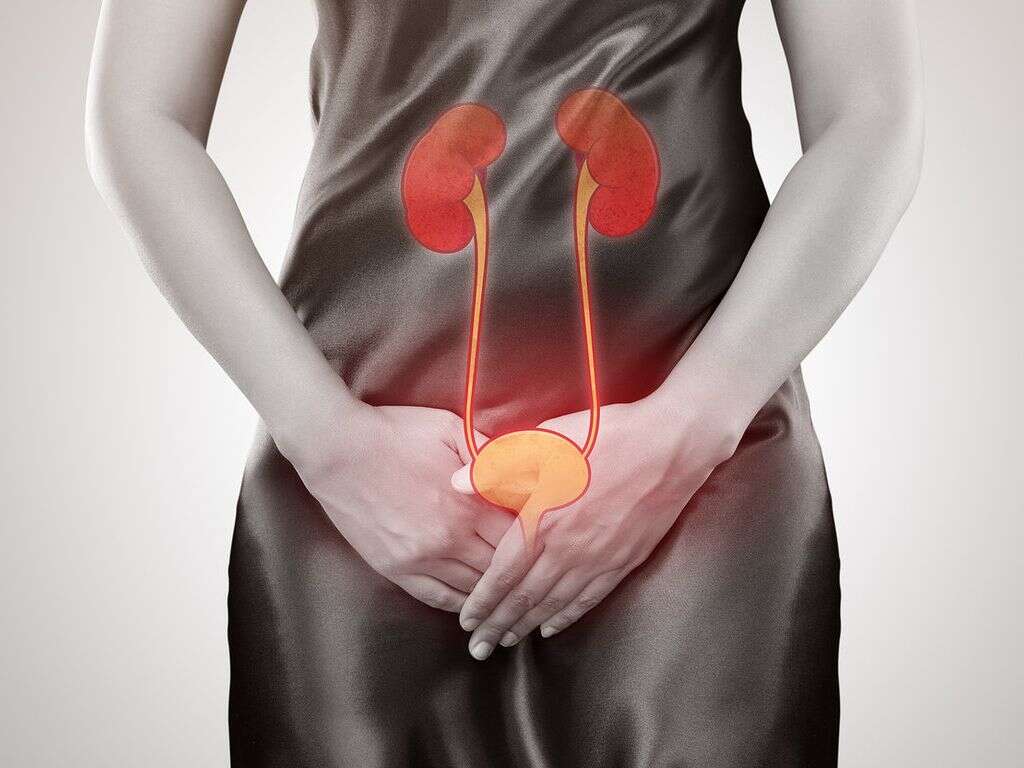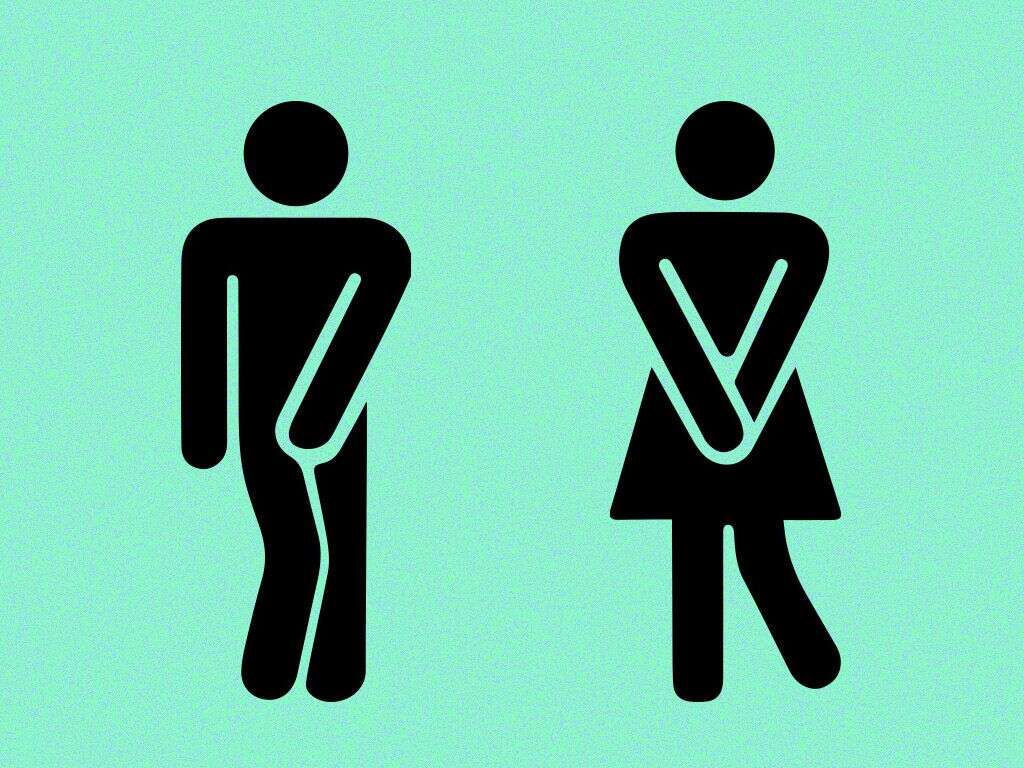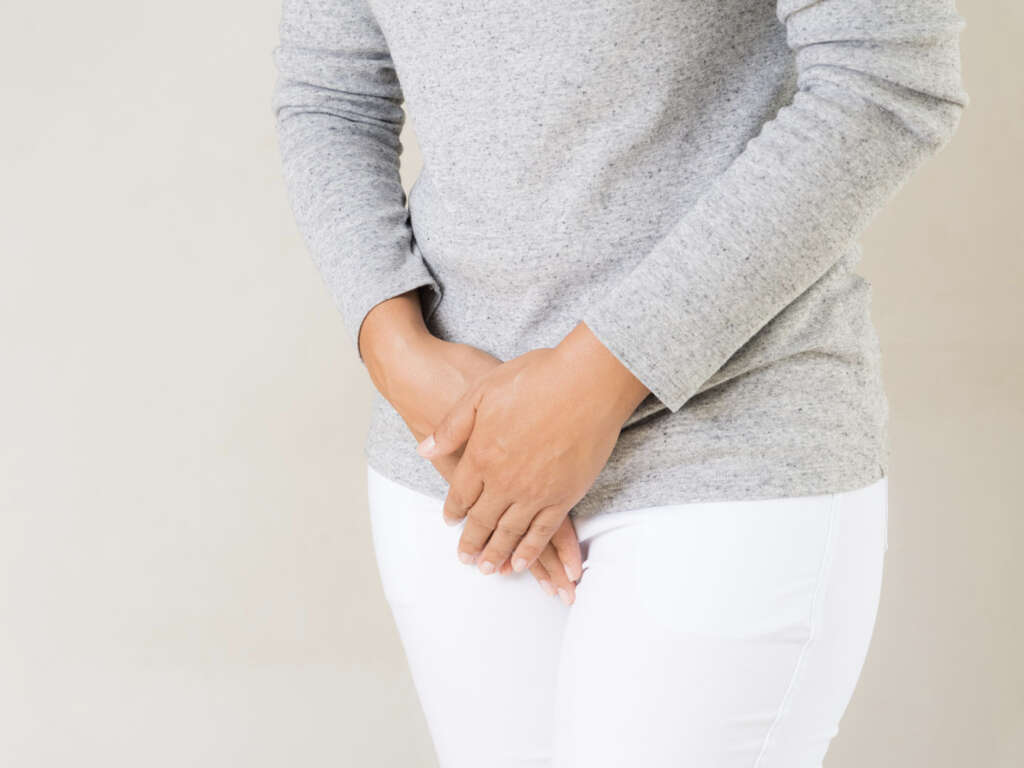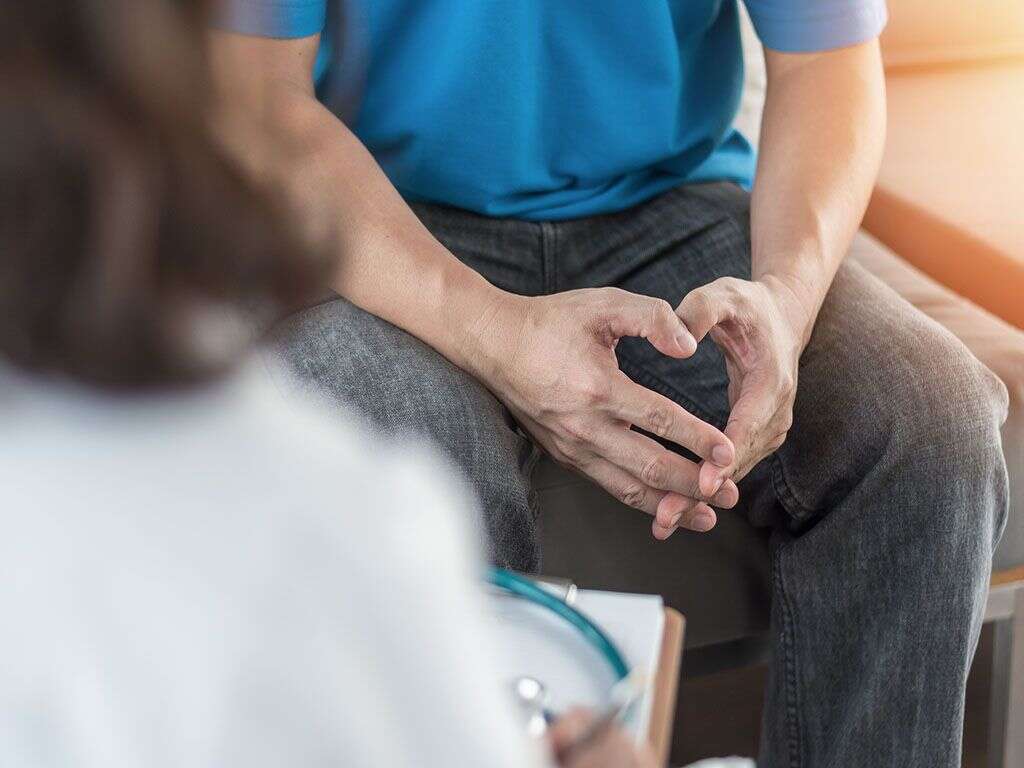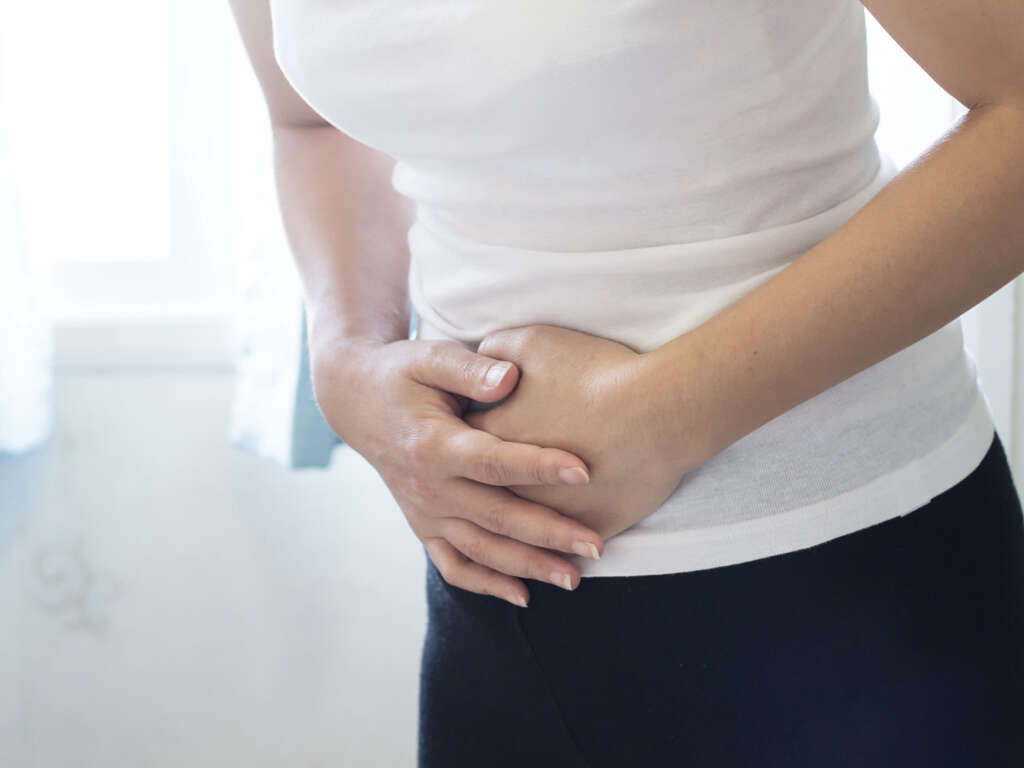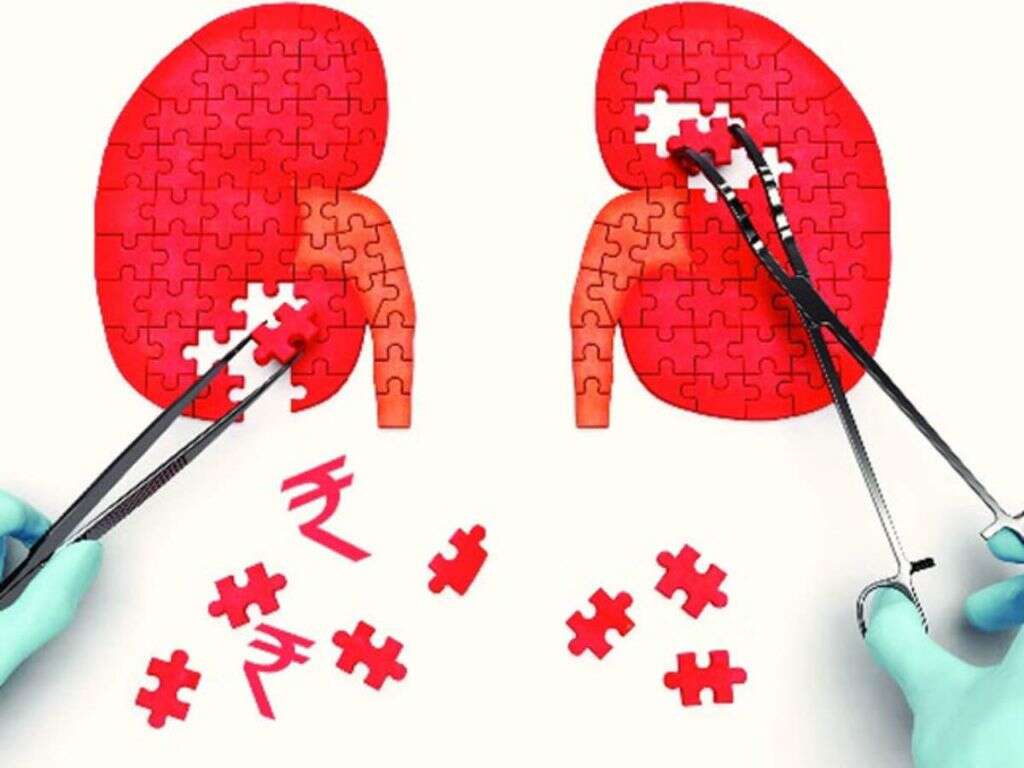What Is Painful Bladder Syndrome?
Have you been struck for the fifth time this hour with the sudden need to urinate? You may start to feel that urge and wonder if you’re getting another UTI. Then you realize — you’ve had a lot of UTIs lately. Could your symptoms of frequent urination, urgency, and pain in your bladder point to a more serious condition?
Painful bladder syndrome, while not a well-known disease, affects more people than you may realize. Read further to discover the symptoms, treatment, and lifestyle changes that can take your life with PBS from awful to completely manageable.
1. What Causes Painful Bladder Syndrome?
Unfortunately, researchers have not yet been able to determine what causes PBS. Ideas range from previous bladder infections damaging the lining of a patient’s bladder to genetic susceptibility to bladder conditions and whether a patient has co-existing conditions. Women who have IBS, fibromyalgia, endometriosis, or allergies are particularly affected by this confusing condition.
Some researchers and doctors suspect that PBS may be an autoimmune condition in which the body’s own immune system attacks the bladder as if it were a virus or bacteria. This theory has also not been proven.
2. What Are Common Symptoms of PBS?
PBS’s main symptoms are remarkably similar to a urinary tract infection: You may feel burning when you urinate, or you could experience a strong, frequent urge to urinate that you can’t ignore. You may feel pain in your bladder even when it is empty. Additionally, you may feel either vague or sharp pain in your urethra, vulva, or rectum.
While some individuals are lucky enough to only have a mild case of PBS, people with severe cases may have to get up to urinate up to 40 times a day, and because of their condition, they also deal with constant stress, depression, and fragmented sleep.
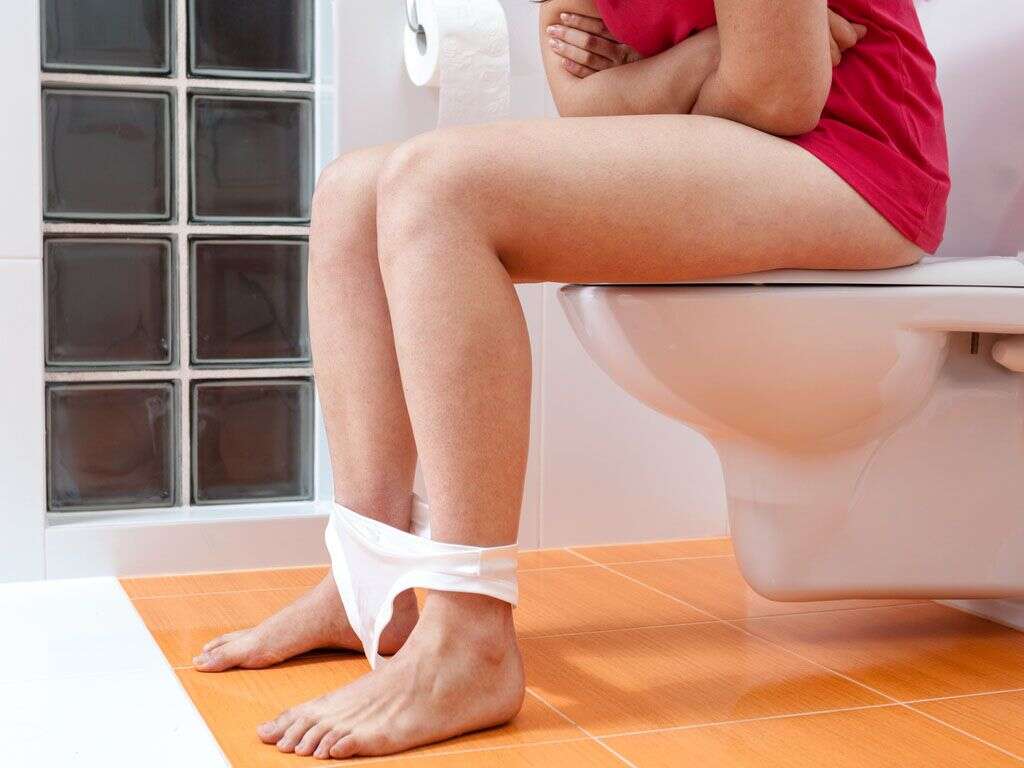
3. How Is Painful Bladder Syndrome Diagnosed?
Your doctor will likely ask you to provide a urine sample to rule out UTIs and STIs. After this, your doctor may ask you additional questions regarding the duration of your symptoms, when they flare up, and when they get better.
Your doctor may recommend a cystoscopy. During this procedure, a small tube with a camera is inserted into your bladder through your urethra. This camera checks for signs of other bladder problems like kidney stones, cancer, and ulcers. A biopsy of an affected area may be performed for further examination.
4. What Medications Can Treat Painful Bladder Syndrome?
Pentosan polysulfate is one of the few medications used to treat PBS. It helps your bladder feel better over time, but it may take up to six months to fully work. Antidepressants and antihistamines may help in the short-term. Botox injections may relax your bladder’s spastic muscles.
If you have severe PBS, your doctor may ask you to consider a bladder installation, during which the bladder is filled with liquid for 15 minutes and then emptied. The liquid contains medication that will alleviate pain and help your bladder relax.
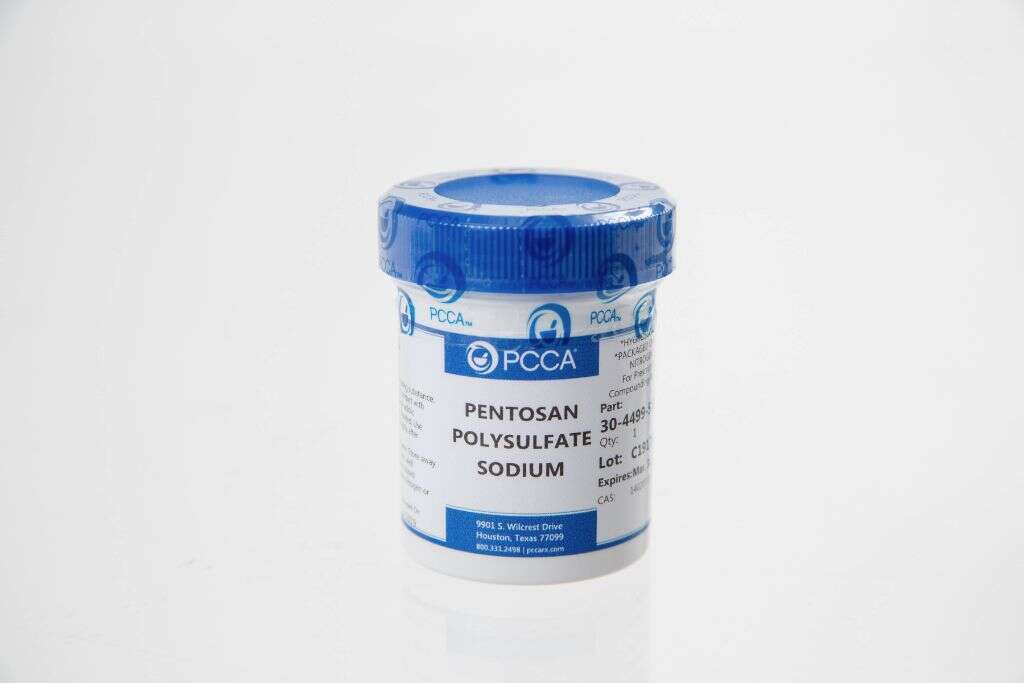
5. Which Foods and Drinks May Worsen Painful Bladder Syndrome?
Eating a healthy diet is beneficial for any medical condition as it helps your body to maintain equilibrium; however, many healthy foods can worsen PBS symptoms. Tomatoes and products made from tomato paste, like spaghetti sauce, pizza sauce, and ketchup, may put your bladder through days of discomfort.
Alcohol, while it may make you forget your pain for a short amount of time, is hard on an already sore bladder. The same goes for spicy foods, citrus, caffeine, and, unfortunately, chocolate. Your food triggers may not be on this list, but if you keep careful notes of what you eat and when your symptoms flare, you can deduce what the culprits are and make a plan for avoidance.
6. Which Foods and Drinks Are Beneficial for Painful Bladder Syndrome?
The good news is that there are several foods that can help PBS symptoms. It’s a folk remedy, but marshmallow root extract as well as the tea made from this root is thought to soothe an angry bladder. Some people swear by this treatment.
Other possibly beneficial foods include milk (though dairy might be a trigger for some people), oatmeal, plain foods like rice and pasta, and pears. Again, keeping a diary can help you to understand what’s bothering your bladder if food is a trigger.

7. What Physical Therapy Helps With Painful Bladder Syndrome?
While you can’t give your bladder a workout, you can train it to ignore those frequent, nagging urges to urinate. Bladder training involves working with a doctor or physical therapist to establish a set schedule for urination.
Other activities a physical therapist may provide are gentle cardio exercise and yoga. Gentle routines that are aimed to both strengthen and relax the pelvic floor muscles are beneficial.
8. What Other Treatments Are Used for Painful Bladder Syndrome?
If your bladder does not respond to conservative treatment like dietary changes and physical therapy, it may be time to consider something more intensive. If you have a severe case of PBS, there are additional options for your condition.
While surgery is a consideration, this is generally a last resort in PBS treatment. Bladder installations containing medicine can be attempted, and you may remember this procedure from your diagnosis. Nerve stimulation, a treatment that involves sending small electrical pulses to the bladder’s nerves, may relieve pain and reduce the urge to go constantly.
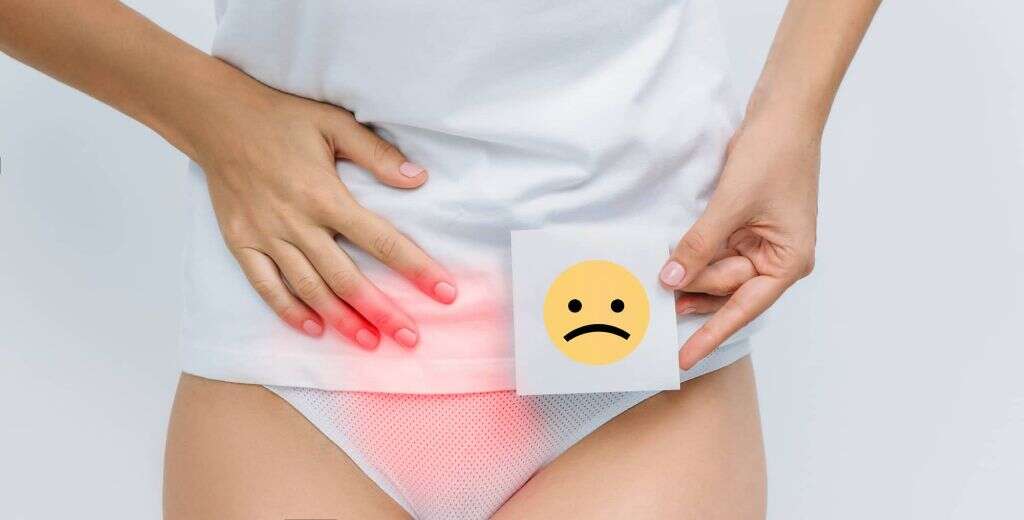
9. Does Painful Bladder Syndrome Affect My Reproductive System?
PBS should not directly affect your reproductive system or your ability to carry children. Your PBS may get worse, or better, during pregnancy, and there is no way of predicting which way the condition may swing.
While PBS should not affect your ability to have a healthy pregnancy, it can very much affect your sex life and the ability to conceive a child due to painful intercourse. If this is a concern, speak with your doctor about options that can help.
10. How Can I Help a Loved One With Painful Bladder Syndrome?
If you don’t experience PBS firsthand, you may wonder why its sufferers can’t just take medication and get better. PBS can be thought of as an “invisible illness” due to the fact that sufferers can look completely healthy on the outside while they are struggling to make it through the day on the inside.
To help someone you love with PBS on a practical note, help them remember about their medications and doctors’ appointments. Additionally, make sure to plan for extra bathroom stops on outings and long trips. Your spouse, partner, parent, or friend will appreciate your consideration.



